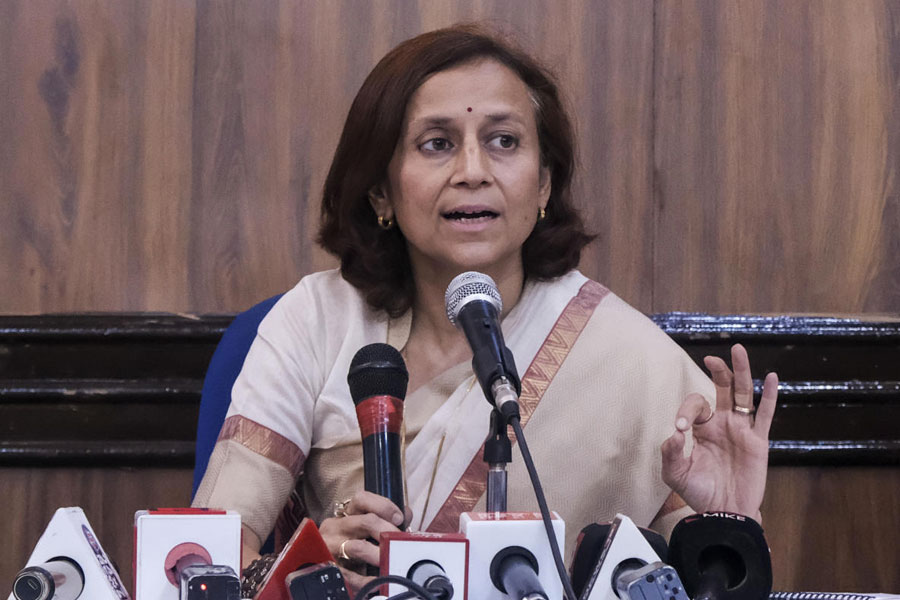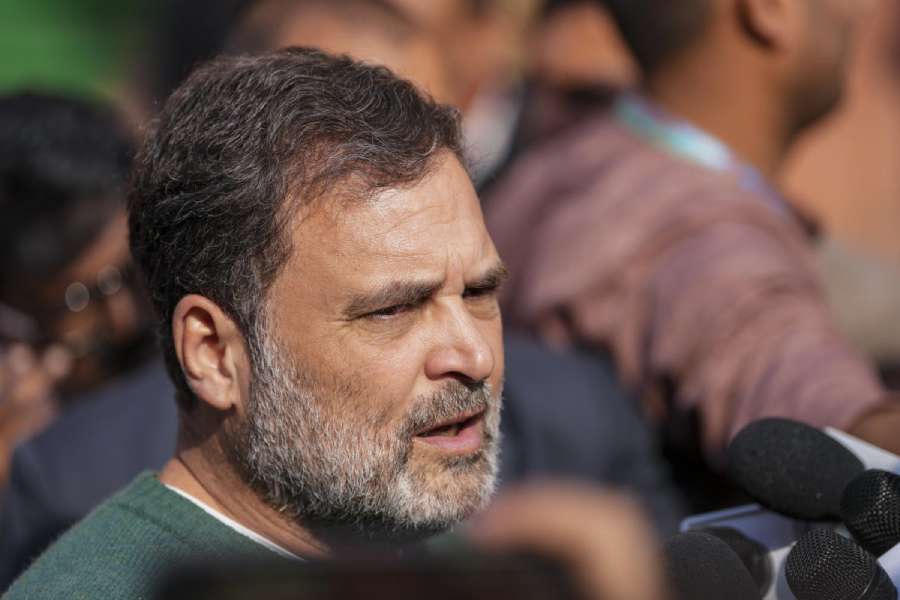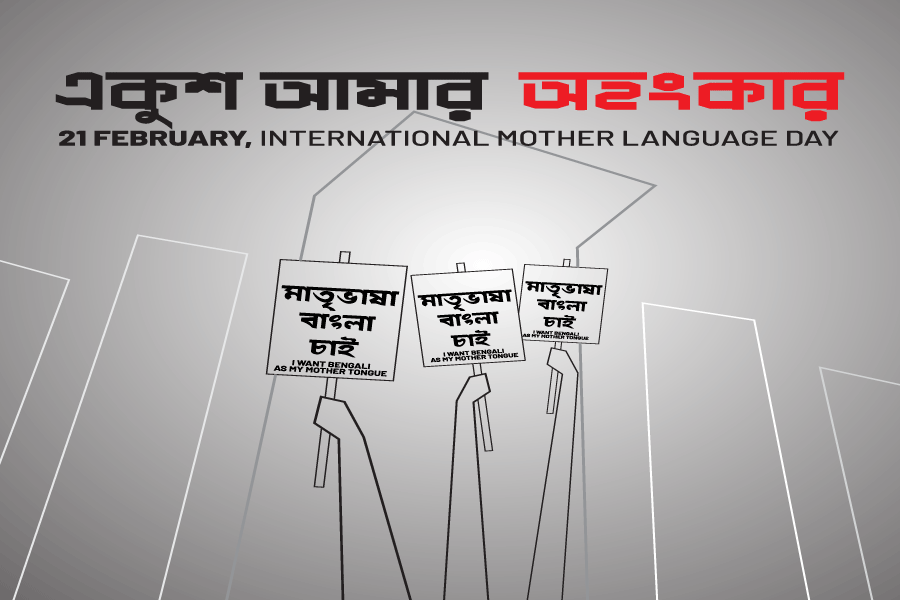The Supreme Court on Tuesday adjourned to October 15 the hearing on a plea filed by Sonam Wangchuk's wife Gitanjali J Angmo challenging the climate activist's detention under the National Security Act, and seeking his immediate release.
A bench of Justices Aravind Kumar and N V Anjaria posted the matter for hearing on Wednesday due to paucity of time.
The top court on October 6 had issues notices to the Centre and the Union Territory of Ladakh. It, however, refused to pass any order on her plea for providing her the grounds of detention and posted the matter for hearing on October 14.
On September 26, Wangchuk was detained by the deputy commissioner of Leh under Section 3(2) of the NSA, as he was recovering from a prolonged fast to highlight Ladakh's demand for constitutional safeguards under the Sixth Schedule.
His wife alleged that she has been kept under virtual house arrest in Leh, while students and staff of the Himalayan Institute of Alternatives, Ladakh (HIAL), founded by Wangchuk, are facing harassment, intimidation, and intrusive investigations.
Angmo has previously criticized the government regarding her husband’s detention, claiming “he is being portrayed as anti-national in a witch-hunt.”
“A witch-hunt has been going on against us. We have given all documents clarifying the charges to officials from CBI, to the Income Tax Department, yet a smokescreen is being created to defame Sonam, so that the movement for the Sixth Schedule can be weakened,” Angmo said.
Wangchuk's lawyer Kapil Sibal had argued that the copy of the reasons for Sonam Wangchuk's detention was not handed over to the family.
On this, Solicitor General Tushar Mehta, appearing for the central government, had said that the reasons for detention have already been given to the detained person (Wangchuk). Giving a copy of this to Wangchuk's wife will be considered.
Violent protests erupted outside the BJP office in Leh town during a 35-day hunger strike called by Leh Apex Body (LAB) and Kargil Democratic Alliance (KDA) over the Centre’s delay to hold “result-oriented” talks over several long-pending demands, including Statehood and granting Sixth Schedule status to the region.
The protests in Ladakh resulted in many fatalities and over 80 injuries, including among police personnel. A curfew was imposed in Leh, vehicles were set on fire, and security forces resorted to firing tear gas and live rounds to disperse the crowds.
The Sixth Schedule of the Indian Constitution outlines the governance of tribal areas in the states of Assam, Meghalaya, Tripura, and Mizoram. It empowers local communities to play a significant role in the administration of these regions. The youth in Ladakh are advocating for their region to be governed under the protections of the Sixth Schedule.
According to this Schedule, an autonomous district can be subdivided by the governor if there are multiple Scheduled Tribes present. Each autonomous district is entitled to a District Council with no more than 30 members.
The governor is allowed to nominate up to four members, while the remaining members are elected through adult suffrage.
Furthermore, each autonomous region will have its own Regional Council.












